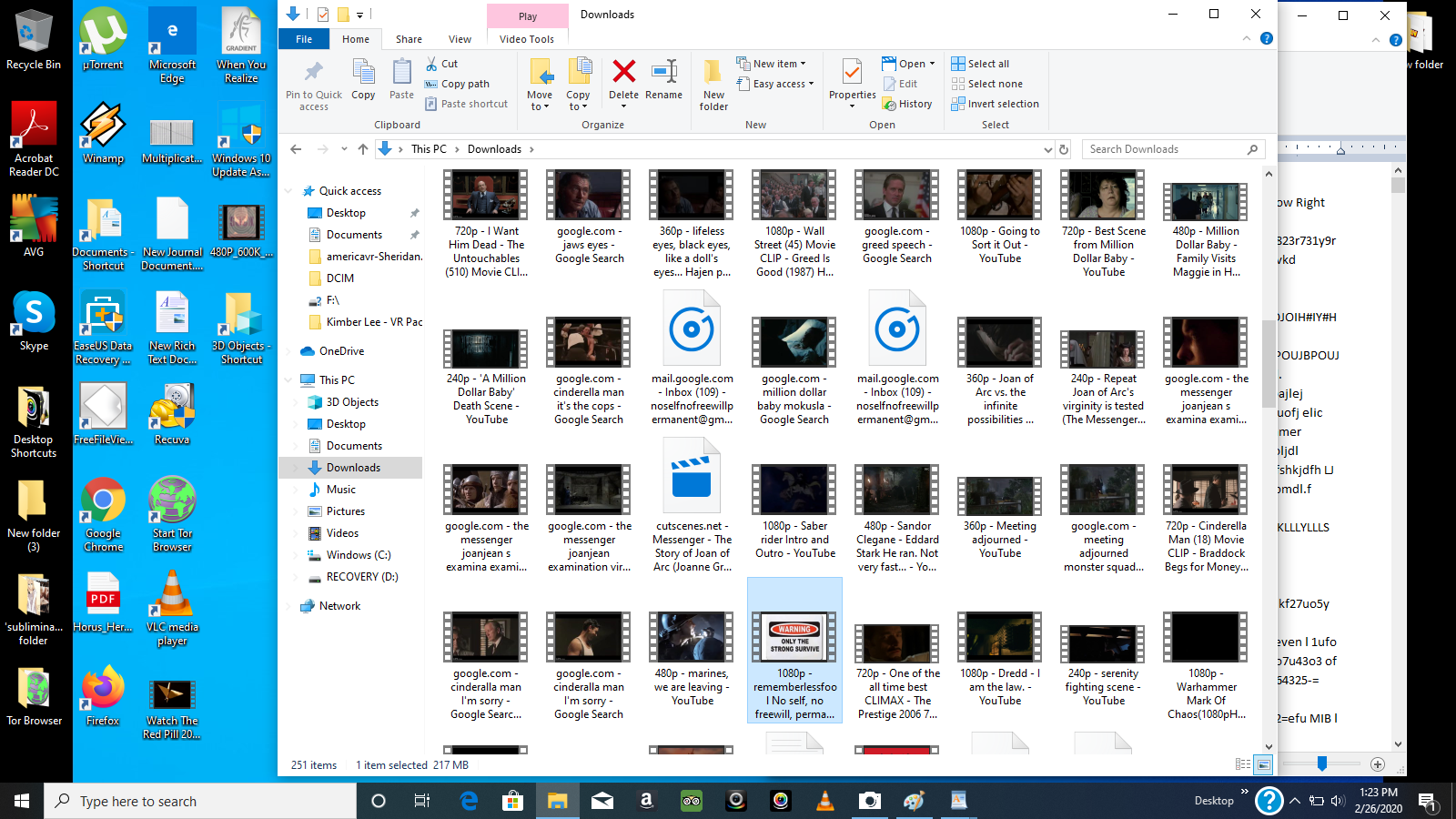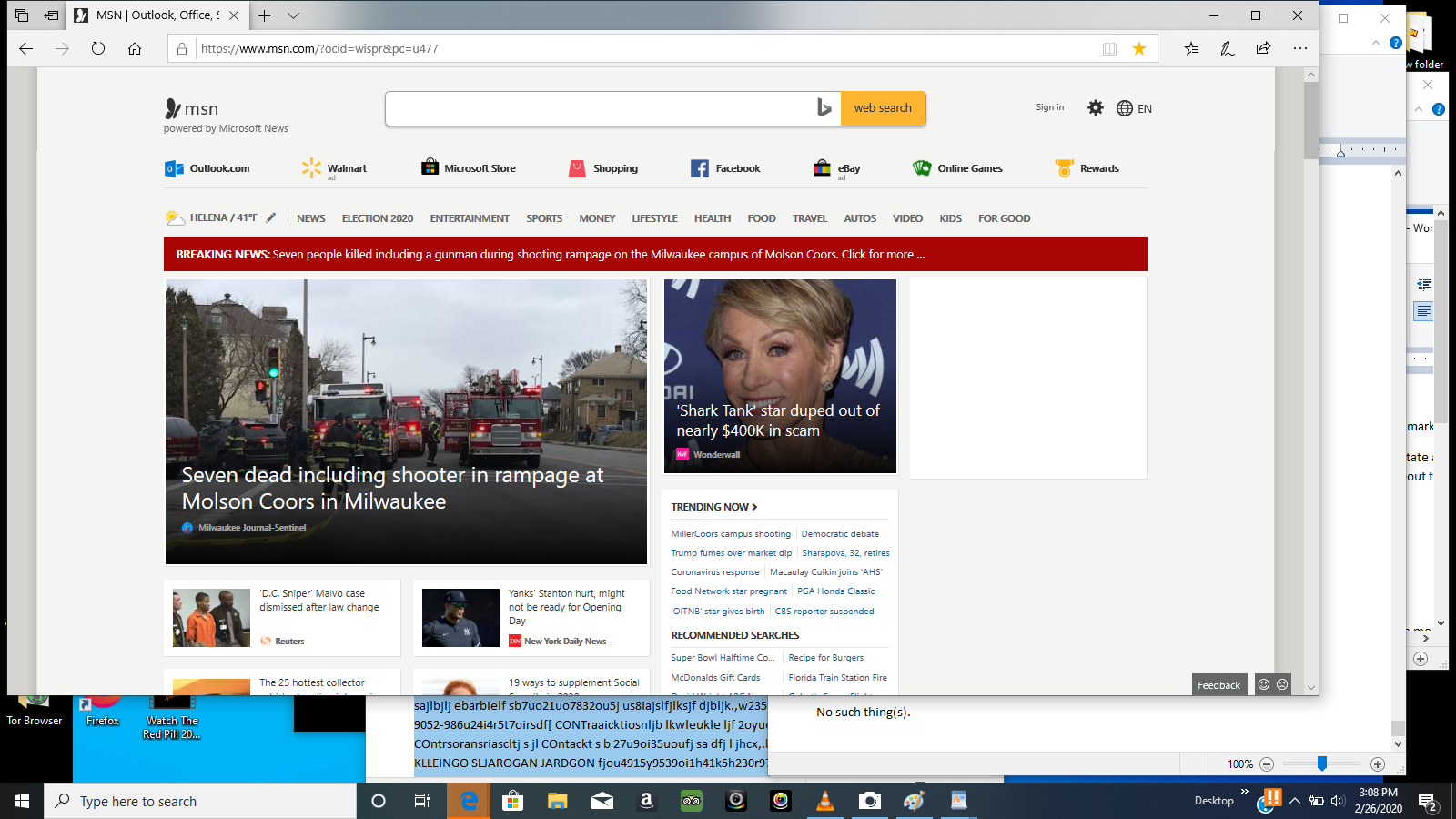In a perfect world, you’d pay for super-fast internet service, connect your cable modem to a reasonably speedy router and realize incredible download speeds for every device in your home. My download speed has been between roughly.5-5 mps and my upload speed has been at least twice that (8-10 mps) but when I check on my wife's computer downoad is roughly 22 mps and upload is roughly 24. So why if we are on the same wireless router is my computer getting such slow speeds?
Your best friend forfile transfer.
Since then my speed has dropped to 6mb, then 3Mb, yesterday it barely reached 1Mb and today, using BTs own speed checker I am achieving a download of 0.57 (My upload speed is rated at 0.96!). Their graphic indicates this is from exchange to modem and have successfully ruled out the PC as being the problem due to my iPad giving the same results. Just got the cantenna and router/modem installed today. In the first hour I had 11/11 (down/up mbps) After that the download speed dropped to about half, but the upload is almost double the down. I need 10mbps for work, which I had for a total of an hour.:smileysad: This is a wired. Usually because the provider gives you a much higer speed for download than for upload.If you are a home user, or even a normal company, most of the time you download way more than you upload.Only servers that serve services need more upload that download. Daniel Benedykt Daniel Benedykt.
FetchFetch Help > Using Fetch > Why is uploading slower than downloading?For many users, uploading files is quite a bit slower than downloading files. This is usually normal, because most high-speed Internet connections, including cable modems and DSL, are asymmetric — they are designed to provide much better speed for downloading than uploading. Since most users spend much more time downloading (which includes viewing web pages or multimedia files) than they do uploading, high speed Internet providers have designed their systems to give priority to downloading. So if your upload speed appears to be slower than your download speed, this is probably expected.
Another factor to be aware of is that providers advertise their speeds in kilobits, whereas Fetch reports speeds in kilobytes. 8 bits equal 1 byte, so the numbers you see in Fetch will appear to be smaller than the numbers advertised for your connection. You must multiply the number you see in Fetch by 8 for an accurate comparison. For instance, a 384/128 DSL connection is rated for 384 kilobits per second download, and 128 kilobits per second upload — which is equivalent to 48 kilobytes per second download and 16 kilobytes per second upload.
Your upload and download speeds will almost never match the maximum advertised speed of your connection. It's normal to only get 80-90% of the advertised maximum, and in the small print of your service provider's advertising you'll find that they only promise 'up to' the advertised speed, not that you will always get that speed. This happens for several reasons. First, your connection may be shared with other people in your building or neighborhood, so if a lot of other people are using the Internet you may experience a slowdown. Second, servers may be busy uploading and downloading files for many different users, so they are unable to provide the maximum possible speed for your files. Finally, other network activity on your computer may slow down your transfer, since it must all share the same connection. If you try to transfer two files at the same time (in different transfer windows), each transfer will go slower because Fetch must split the network connection between them. Surfing the web or answering your email should only have a minor impact on transfer speeds.
Nevertheless, if you feel you are getting slower transfer speeds than normal, there are websites that you can use to test your connection speed. Your Internet service provider may have one, or you can try one such as the BroadbandReports.com speed test. If you are repeatedly getting transfer speeds much lower than the ones reported by a test, you should try transferring your files to a different server to see if they go faster; and if so, contact your main server's administrator to see if there is a problem.
If you find that your wireless download speeds are abysmal while youruploads speeds are pretty solid, especially with Apple devices, I’ve got apossible solution for you. I struggled with this issue for a while and decidedto write down my findings in a blog post in case I, or anyone else, runs intothis in the future.
tldr: disable WMM QoS in your router settings.
Symptoms
At home, I have the following setup:
- Macbook Air: OS X 10.7.1, Intel Core i71.8Ghz, 4GB RAM
- iPhone 4S: iOS 5.0
- Custom desktop: Windows 7, Intel Core 2 Duo E8400 3.0Ghz, 2GB RAM
- ISP: Comcast xfinity
Whenever I used my laptop or phone, the Wi-Fi connection felt incrediblyslow. Youtube videos took forever to load, Google Maps tiles filled in slowly,and even gmail felt unresponsive. On the other hand, my desktop, which wasconnected to the router via an ethernet cable, worked just fine.
Numbers
To confirm my observations, I decided to take some bandwidth measurementsusing bandwidthplace.com,speakeasy.net, andspeedtest.net for the laptop and the SpeedTestapp for the iPhone. The results were pretty consistent across all app anddevice pairs and looked something like this:
Desktop
- Download: 24 Mbps
- Upload: 4.5 Mbps
Laptop
- Download: 0.65 Mbps
- Upload: 4.5 Mbps
iPhone
- Download: 0.58 Mbps
- Upload: 4.4 Mbps
Yikes! My laptop and iPhone download speed were more than 30 timesslower than my desktop’s download speed! On the other hand, the upload speedwas roughly the same on all devices. What the hell was going on?
Failed attempts
After googling for solutions, I tried a number of tweaks commonlysuggested around the web:
- Change DNS hosts
- Change wireless channel
- Change the wireless channel width
- Use a different security mode (WPA2 personal)
- Shut off firewalls
- Enable or disable IPv6 settings
- Reboot the router
Why Is My Upload Higher Than My Download Speeds
None of these worked.
The solution
Out of desperation, I started tweaking random settings on my router andstumbled across one that finally worked. The directions for other routersmay be a little different, but here’s what I did:
- Go to http://192.168.1.1 and login to your router. If you’venever done this, look for instructions that came with your router or do agoogle search to find the default username and password.
- Find a page that has QoS settings. For the E1200, you need to click on“Applications & Gaming” and select the “QoS” sub-menu.
- Disable WMM Support.
- Click save.
That’s it. The second I disabled WMM support, the download speeds for mylaptop and iPhone both jumped to 24 Mbps, perfectly matching my desktop.
What the hell is WMM?

WMM isapparently an 802.11e feature that provides higher priority for“time-dependent” traffic, such as video or voice. In theory, this should makethings like VoIP calls and video chat (e.g. Skype) perform better. Inpractice, having it enabled destroyed my Wi-Fi download speeds. Since Idisabled it, my Wi-Fi is blazing fast and I’ve seen no negativeside-effects.
If anyone has more information as to why this would be the case, pleaseshare it here.
Update (April, 2014): firmware upgrades
A couple years after writing this blog post, I hit the inverse of the originalproblem: I suddenly had fast download but slow upload speeds. While lookingfor a fix, I found out that the WMM/QoS issue mentioned above may have beenfixed in newer firmware versions for my router! I once again wrote a blog postto capture all the details: Got fast download but slow upload speeds? Here’safix.
Update (Sept, 2013): some nitty-gritty details
In the last year, this post has had over 100k views and helped many people fixtheir download speeds. I’m happy I was able to help people. Other folks havebeen eager to share advice too: I got an email from a Russ Washington inAtlanta who did some impressive investigative work to uncover a potentialunderlying cause. In case it helps others, here is his email:
Yevgeniy: I ran into your blog post 'Got slow download but fastupload speeds over wireless? Here's a fix.' I have some info you may finduseful.
This happened to me too when I moved toComcast - but I had DSL running in parallel. The Comcast traffic had thisproblem but the DSL did not. Also, it affected my Linksys router when it hadstock firmware *and* after switching to DD-WRT. Clearly the traffic itself wasat issue, so I broke out the packet sniffer.
*All* inbound Comcast traffic (Internet --> client) was tagged with a DSCP valueof 8 (Class Selector 1). The DSL traffic had a DSCP value of 0. So Comcast istagging all traffic to be treated a certain way by QoS: 'Priority,' whichsounds good but is actually the second-*lowest* possible. Download crack games for mac.
WMM, itself a QoS technique, apparentlyde-prioritizes (drops?) based on the Comcast-supplied value. Turning off WMMworked around it - but since WMM is part of the 802.11n spec, I wanted rootcause. Judiciously replacing that set-by-Comcast DSCP value does the trick.
So between my Linksys router and both ISPs, I had aNetscreen firewall. It lets me set DSCP values by policy - so I told it tomatch the DSL (DSCP 0). This yielded great improvement. However, I was stillnot getting full speed so even a zero value was not the best for > DSLrates. I set the DSCP value to 46 (Expedited Forwarding) and bingo, up to20Mbps, almost full provisioned speed (25Mbps).
Why only download issues? Because the only Comcast-tagged packets are the inboundones: Internet --> you, including those big data packets. When uploading,yes, you get sent ACK packets and such - but they are tiny connection-controlpackets. Idle champions - xanathars goldfish familiar pack crack. I imagine WWM weirds out on them too, but you (usually) wouldn'tnotice when doing multi-Mbps speed tests.


I am still trying to udnerstand WMM, but this was a big find, and I was lucky to have afirewall that let me packet-tweak. Hope you find the info useful.
Russ Washington, Atlanta, GAUpdate (Sept, 2014): more nitty-gritty details
Why Is My Upload Higher Than My Download
Russ has found even more info about this issue: it turns out it’s not just aComcast DSCP bug, but also poor handling of this bug by the firmware of manyrouters. More details here: Critical DSCP bug Affecting WiFi Download Speedson Comcast.
